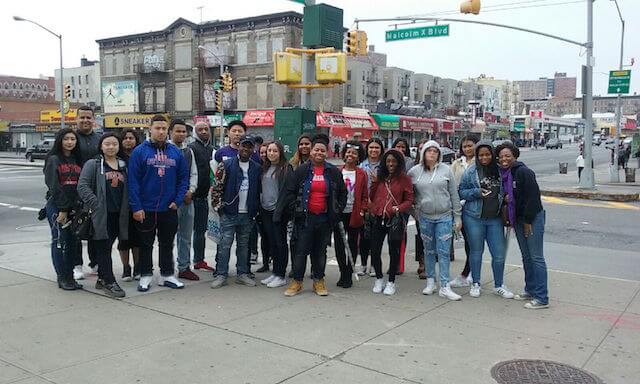So you’ve almost completed that coveted summer internship — congrats!
Now comes the hard part. That swanky line on your résumé means zilch if you don’t take full advantage of the opportunity. Hopefully, you haven’t simply been showing up at your internship. You’ve beenworking the internship — and you should do so even after you leave. Otherwise, you’re wasting your time. Sounds harsh? Welcome to the real world. As summer internships wind down, make sure you end on high note by following these must-dos (and don’ts):
RELATED: These states have the biggest bullying problems. Cultivate your references: “Making good contacts is one of the key takeaways from an internship, and too few interns maintain those ties,” saysAllison Cheston, a career advisor based in New York. Hands down, you must leave an internship with references from your bosses — but that’s just the beginning. “Make sure you connect on LinkedIn with everyone you meet during the internship. Also, ask your supervisor and colleagues to recommend you on LinkedIn, and reciprocate,” she continues. RELATED:Are micro-credentials the future of education? Don’t leave without a proper goodbye:First, make sure you review what projects you’re working on a week before leaving, and don’t leave any work unfinished. “This way, if there is a project or assignment too big to tackle upon the conclusion of your internship, you will be able express your needs and discuss a way to prioritize your tasks,” saysHeather Huhman, a Gen Y career expert and the founder of the PR firmCome Recommended. Also, don’t skip the thank you note. Even if you didn’t have best experience, “it’s important to thank your boss for the opportunity, as well as mention one or two of the valuable skills you learned.” Leave with an accomplishment story: After an internship, you should be able to outline a problem you were presented with, and how you resolved it. Then it’s your job to turn that accomplishment into a story. “For example, let’s say you were tasked with increasing the company’s Twitter followers. Your accomplishment story would walk future employers through exactly how you accomplished this, and the percentage increase in Twitter followers as a result of your actions,” explains Huhman. Utilize these stories on cover letters or while networking — they’ll take you a long way. Don’t worry about brownnosing: This fear is generally unfounded. Why not be a standout superstar? “In terms of an employer [perspective], I love when my interns take initiative and are really truly interested in my company’s success,” says Huhman. “I don’t see that as brownnosing. I would like to think that it’s genuine, and they’re really looking to grow within our industry, and perhaps within our company.”
Be honest about your experience:If you have an exit interview at the conclusion of your internship, don’t lie or try to sugarcoat your feelings. Says Huhman, “It’s extremely important to be open and honest with your boss. Internships are a learning experience for both the intern and the employer, so any feedback you can provide about the program will help the employer.”
How to ace the end of your internship

iStock


















